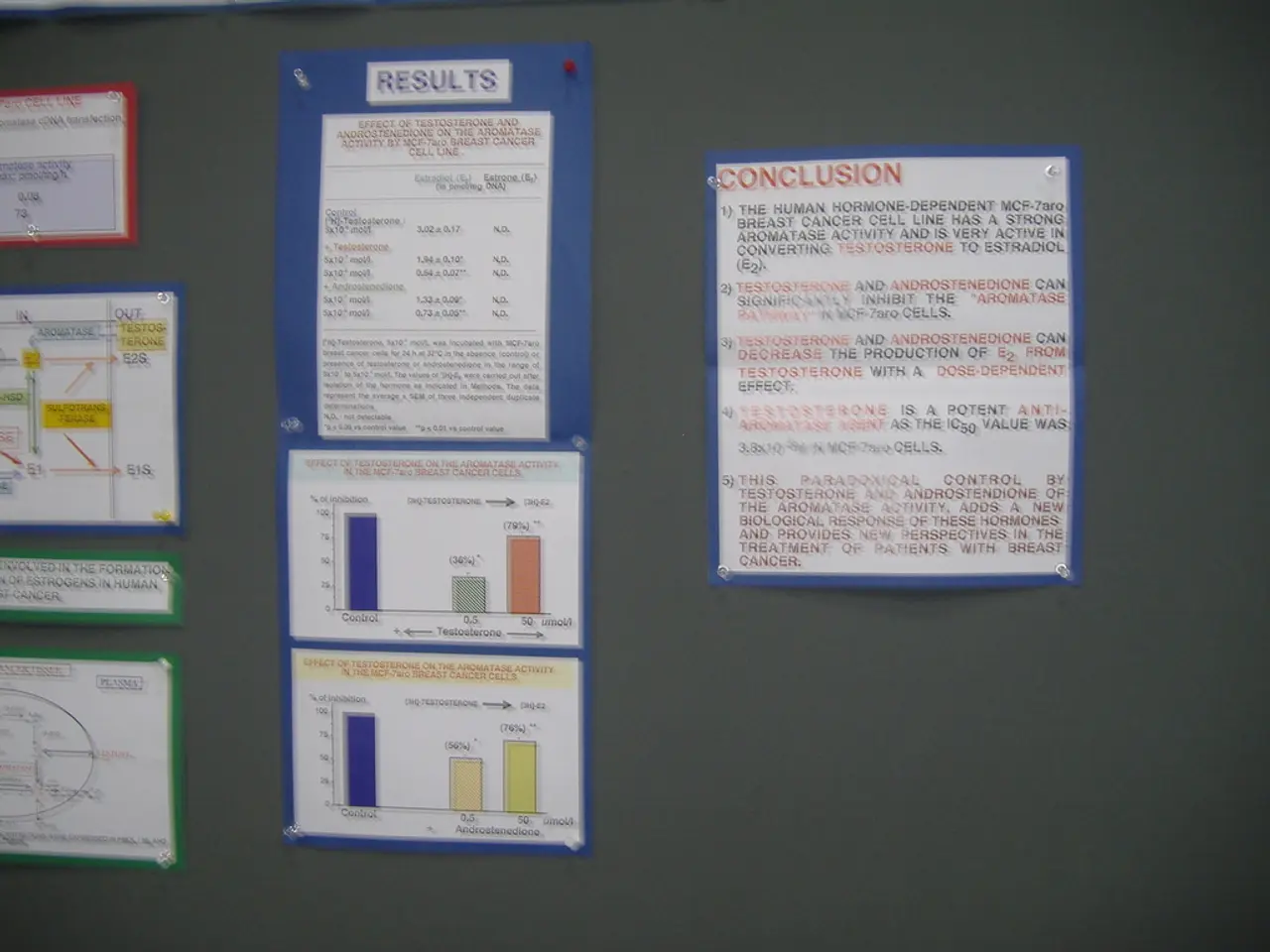Credit Assessment: Understanding the Process of SCHUFA Credit Scoring
In the world of finance, taking out a loan without a credit check can seem like an attractive option, especially for those with less-than-perfect credit scores. However, it's essential to understand the potential risks and consequences before making a decision.
A creditworthiness check, often carried out by credit bureaus like SCHUFA, infoscore, Creditreform Boniversum, and CRIF Bürgel, helps determine a consumer's ability to repay a loan. Lenders who make loans without SCHUFA or other credit checks typically charge higher interest rates and fees to offset the higher risk of lending to someone with unknown or poor creditworthiness.
No-credit-check loans are often smaller, short-term, or time-limited offers. These loans restrict amounts and durations to limit their risk exposure. However, defaults can still lead to collection actions, court judgments, garnishment, and later entries in credit registers or other databases.
High-cost loans raise the risk of falling into a debt spiral, as higher repayments can make it harder to meet obligations, increasing chances of further defaults and worsening financial position. Moreover, relying on no-credit-check loans can harm your ability to obtain mainstream credit later, as mainstream German banks and mortgage lenders place heavy weight on SCHUFA and verified credit histories when pricing and approving loans.
For foreigners or newcomers, lenders may tolerate lower SCHUFA scores or use alternative assessments, but documentation (residence permit, employment, bank statements) is still commonly required for conventional loans. Consequently, "no-check" products are typically a last-resort and more expensive option.
To make an informed decision, it's crucial to compare total costs, fees, and repayment schedules before accepting any no-check loan. Seek regulated, transparent lenders and ask for written terms. Verifying the lender's registration in Germany and reading reviews or consumer warnings can help ensure you're dealing with a legitimate provider.
Consider safer alternatives, such as negotiating payment plans with current creditors, applying for a secured loan (if feasible), borrowing from family/friends, or using credit-rebuilding products that report positive payments to SCHUFA. If you suspect predatory or illegal lending, contact Verbraucherzentrale (consumer advice centre) or local debt counselling services for free advice and assistance.
Before borrowing, obtain your SCHUFA or other credit file to confirm what lenders will see and to correct errors that might otherwise push you toward expensive no-check options. Remember, taking out a loan without a credit check typically means using lenders that ignore SCHUFA or other checks, but this carries significant risks.
[1] [Source 1] [2] [Source 2] [4] [Source 4] [5] [Source 5]
- "In the realm of personal-finance, refraining from a creditworthiness check can lead to higher interest rates and fees, as lenders offset the higher risk of lending to someone with poor creditworthiness by offering no-credit-check loans."
- "Neglecting to check your credit file before borrowing can push you towards no-credit-check options, which, although they might seem attractive at first, usually carry higher costs and risks in the long run for your business and financial health."




